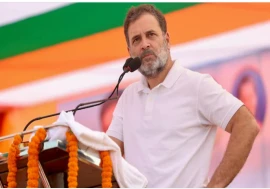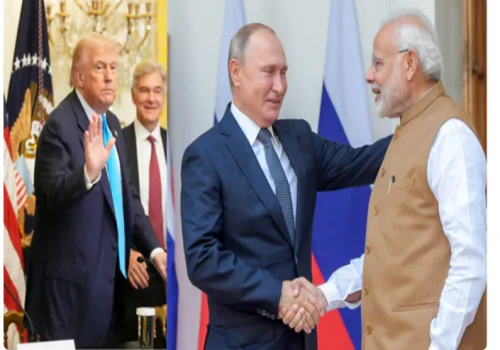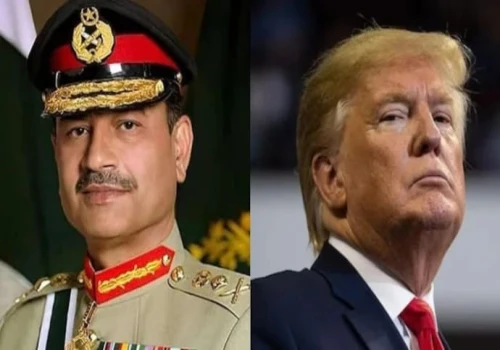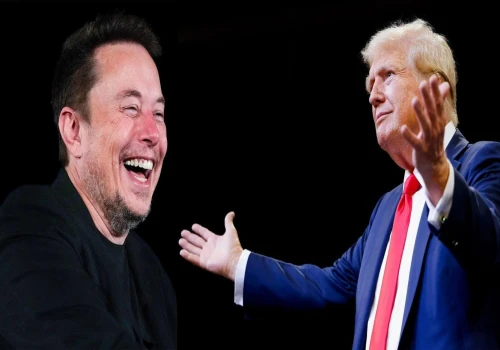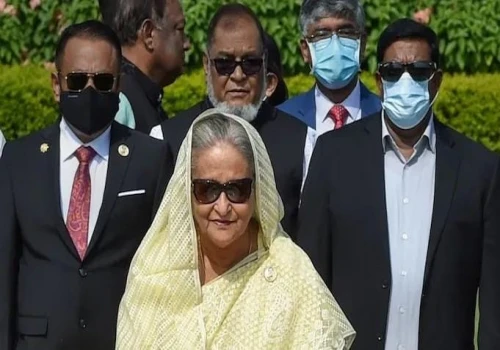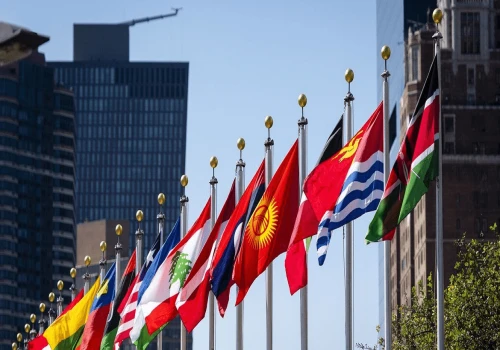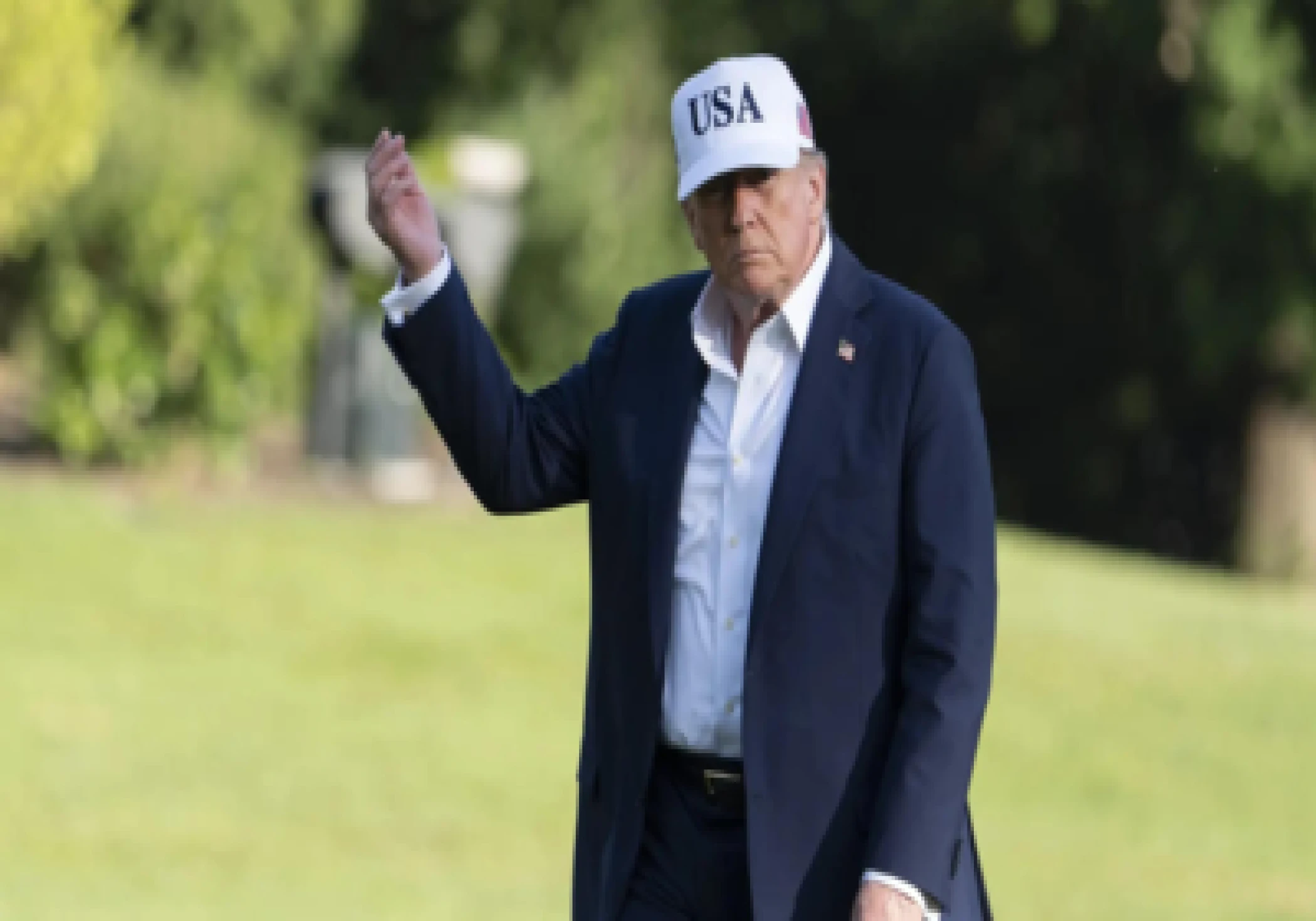
Former U.S. President Donald Trump has warned of imposing new tariffs on countries aligning with BRICS nations in ways he deems “anti-American,” stirring fresh debate over global economic alliances.
Trump’s statement signals a renewed aggressive stance on foreign trade, particularly toward countries gravitating toward BRICS’ increasingly independent economic and geopolitical policies.
Speaking at a campaign rally, Trump criticized the BRICS bloc — composed of Brazil, Russia, India, China, South Africa, and recent entrants such as Iran and Egypt — for promoting policies that challenge U.S. influence in international trade and finance. He expressed concern over U.S. partners or allies “cooperating too closely” with BRICS in opposition to American interests, warning of “serious consequences,” including “heavy tariffs.”
Political analysts suggest Trump’s remarks are part of a broader “America First” revival as he prepares for a potential 2024 comeback. With the BRICS coalition gaining traction through initiatives like a shared currency and expansion into global south regions, Washington policymakers are watching with growing concern.
If implemented, such tariffs could strain diplomatic relations, disrupt supply chains, and reshape global alliances. Countries caught in the middle may face tough choices: aligning with the rising BRICS bloc or maintaining economic ties with the U.S. Trump’s rhetoric underscores a growing polarization in global economic strategy — one that could redefine the balance of power in the coming decade.


